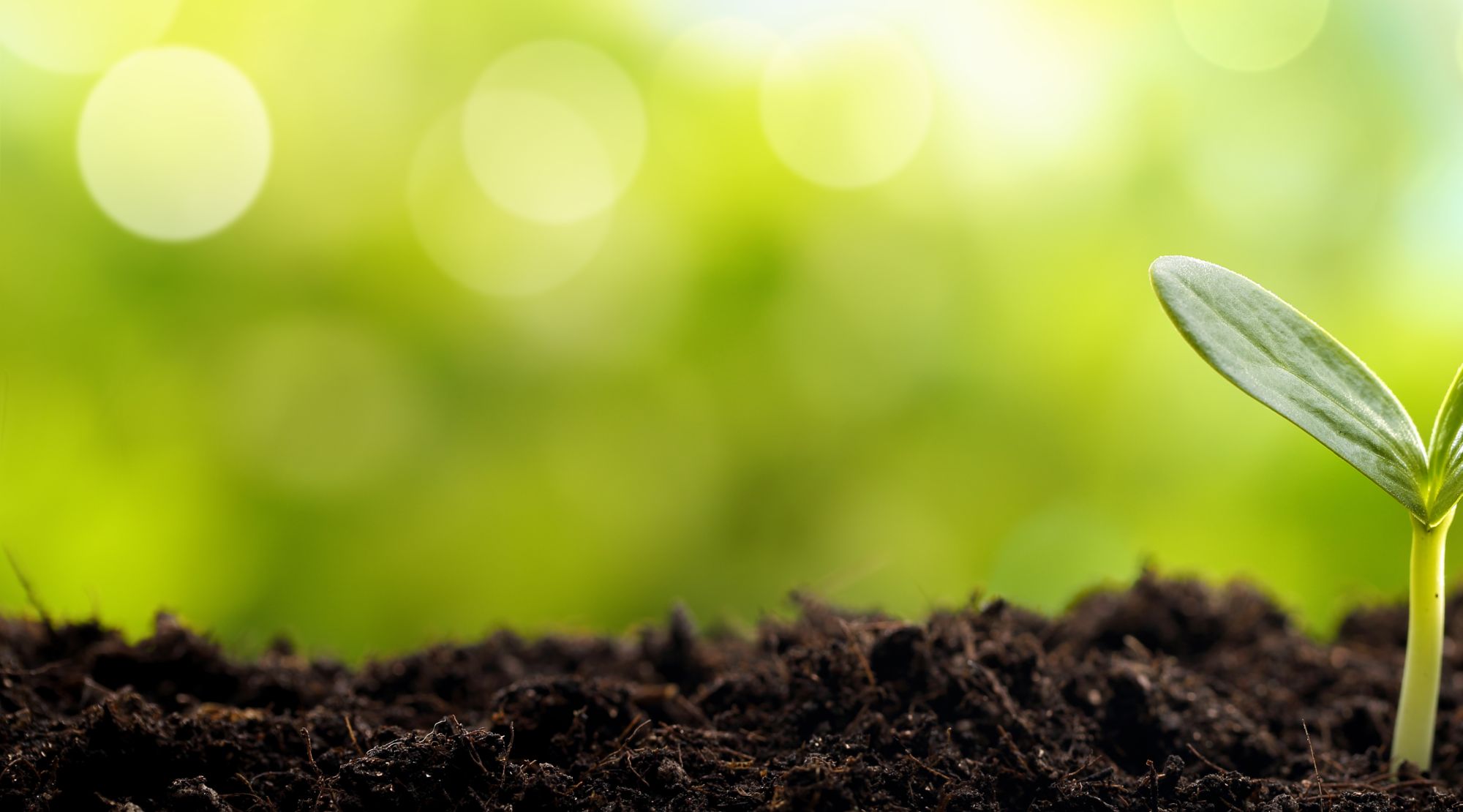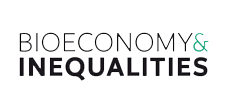


Agribusiness expansion in Brazil as elsewhere in Latin America has been a key factor within “neoextractivists” dynamics, as its commodities have been firmly incorporated into the industrial food system and its global value chains, including to meet China’s demand. For instance, soy monoculture in Brazil (almost entirely GMO) has more than doubled over the last decade and currently covers an area the size of Germany (35.8 million hectares/2019). The scale and pace of this process are referred to as an example of the “reprimarization” of the economy and involved massive landscape transformation, associated with deforestation, land grabbing and rural violence. Against this background, agribusiness is presenting itself as a “high-tech industry”, where the digital transformation is rapidly shaping the future of farming and redefining rural livelihoods.
We will present and illustrate this context and discuss how this narrative and the associated emergent bioeconomy imaginaries pose new challenging elements to be addressed by the political debate on socio-ecological transformation and alternatives.
Lecture by Camila Moreno (Federal Rural University of Rio de Janeiro) in Portuguese.
Moderation: Claudia Hammerschmidt und Maria Backhouse.
Organized by the Research Group Bioeconomy & Inequalities and ARCOSUR -Centro Internacional de Estudios Transdisciplinarios Argentina/Cono Sur; Maria Sibylla Merian Center for Advanced Latin American Studies – Merian CALAS Cono Sur.
Date:
22.05.2019